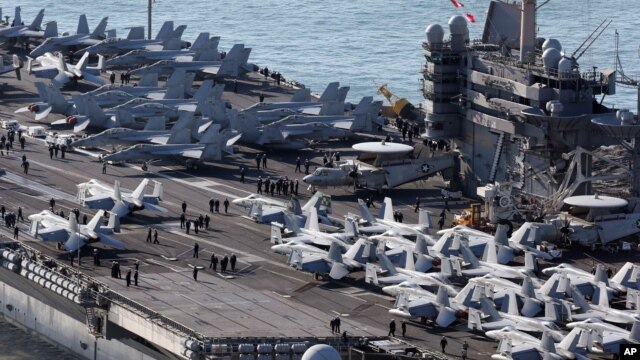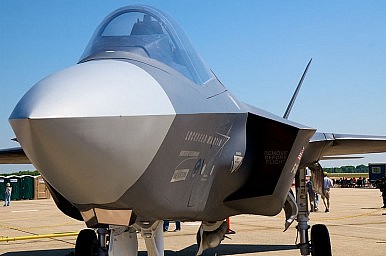Liệu VC và TC có tránh khỏi cống rănh hông?
Tin cho biết một loạt các vụ nổ nhỏ đã xảy ra ở bên ngoài một văn phòng Đảng ủy của Đảng Cộng sản Trung Quốc ở miền bắc nước này.
Theo hãng tin nhà nước Tân Hoa Xã thì vụ nổ ở thành phố Thái Nguyên, thủ phủ tỉnh Sơn Tây, là do một loạt thiết bị nổ nhỏ gây ra.
Ít nhất một người chết và tám người khác bị thương, truyền thông nhà nước Trung Quốc cho biết. Hai chiếc xe hơi đậu gần đó cũng bị hư hại.
Các hình ảnh trên mạng xã hội cho thấy khói bốc lên và xe cứu hỏa có mặt tại hiện trường.
Hồi tuần trước một chiếc xe đã đâm vào một đám đông du khách ở Quảng trường Thiên An Môn ở trung tâm Bắc Kinh trong một hành động mà chính quyền cho rằng là một vụ ‘tấn công khủng bố’ do những ‘kẻ cực đoan’ đến từ khu tự trị Tân Cương thực hiện.
Công an Sơn Tây cho biết vụ nổ xảy ra vào khoảng 7h40 giờ địa phương, tức 6h40 sáng thứ Tư ngày 6/11 giờ Việt Nam.
“Các thiết bị nổ nhỏ đã phát nổ ở đường Anh Trạch gần trụ sở Tỉnh ủy,” công an Sơn Tây cho biết trong trên tài khoản mạng xã hội của họ.
“Các lãnh đạo tỉnh đã đến hiện trường ngay lập tức và công an đang điều tra vụ việc.”
Tân Hoa Xã cho biết một số viên bi bằng thép được tìm thấy tại hiện trường và đây là dấu hiệu cho thấy chúng được dùng để chế bom tự tạo.
Khói bốc lên từ hiện trường
Các bằng chứng cho thấy vụ nổ là do bom tự tạo
Các thiết bị nổ được giấu trong một luống hoa bên đường, theo đài truyền hình nhà nước Trung Quốc.
Các nhân chứng nói với Tân Hoa Xã rằng họ nghe ‘bảy tiếng nổ lớn’ và nhìn thấy rất nhiều khói tại hiện trường.
Hiện giờ chưa có lời giải thích nào được đưa ra về vụ việc. Trước đây từng có trường hợp những công dân Trung Quốc bất mãn tấn công vào các cơ quan công quyền ở địa phương.
An ninh ở Bắc Kinh đang được thắt chặt kể từ khi xảy ra vụ đâm xe ở Quảng trường Thiên An Môn.
Vụ việc xảy ra trong bối cảnh Ban chấp hành Trung ương Đảng Cộng sản Trung Quốc sắp họp hội nghị toàn thể lần thứ ba vào cuối tuần này để khởi động các cải cách quan trọng.




 Reply With Quote
Reply With Quote




Bookmarks